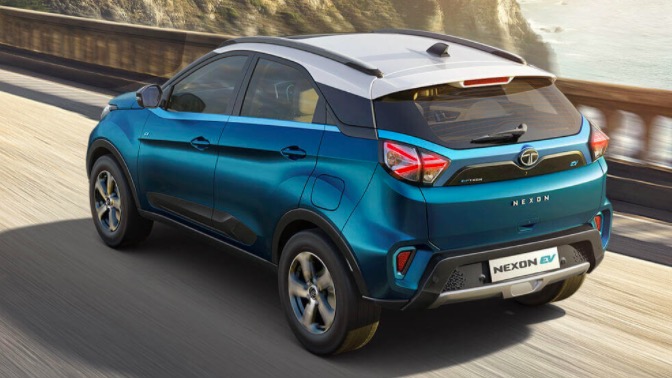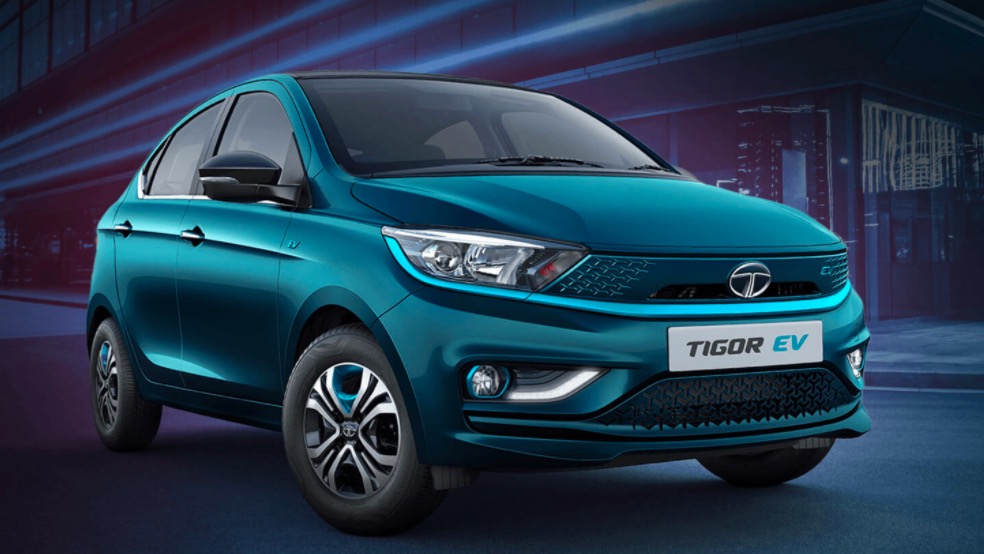Tata Motors to launch 10 new electric vehicles by 2026
Plans to cut cost of ownership too

India's top automobile maker Tata Motors plans to utilize a fresh Rs.7,500 crore fund infusion into the company to transition from fossil fuelled vehicles to electric cars. It has set itself an ambitious target of launching 10 EVs over the next five years with new generation powertrains and larger batteries.
The company, which manufactures India's largest selling EV passenger car - the Tata Nexon EV - has chalked out plans to get next-generation EV models of its sub-4m compact SUV (Nexon) and its compact hatchback Tata Tiago. Details of these plans were shared by the company with MoneyControl.
- Ather Energy ups the ante - ramps up its EV production with a new plant
- Delays expected in Ola Electric scooter deliveries

The report quoted Tata Motors President Shailesh Chandra to state that they plan to bring down EV ownership costs to the level of a petrol or diesel vehicle by 2023. It has plans to introduce 10 new EVs and upgrade its existing lineup of electric cars.
The boost to Tata Motors' EV plans materialized through the infusion of Rs.7,500 crore as investments from TPG Rise Climate, a private entity funding carbon aversion in a quantifiable way. Its new subsidiary EVCo would be working on EV passenger cars with the aim of ten new launches and upgrades by 2026.
Shailesh Chandra said the company's plan will roll out in multiple phases coinciding with their move from the current generation of EVs to the new ones. "Some of our modern architectures will be adapted to make them more electric ready, specifically to accommodate more battery packs," he said.
The company also underscored the value of battery recycling and deployment of a circular economy to ensure that recovered material is re-used in the value chain. The company is also working on reusing / repurposing batteries of their EVs once their active life ends but could find use in some other applications.
EV passenger vehicle sales picking up
Passenger EVs grew by a whopping 234 per cent during April to September, buoyed by a combination of factors such as high petrol prices and improved battery charging infrastructure across India. While the total number of vehicles sold were only 6,261 in this timeframe, it was higher than the number sold in the previous 12 months.
Get daily insight, inspiration and deals in your inbox
Sign up for breaking news, reviews, opinion, top tech deals, and more.
Tata Nexon EV had a share of 58% while others like MG ZS EV, Tata Tigor EV have a 13% market share. While Hyundai Kona EV and Mahindra Verito EV make up the rest of the numbers, both vehicles saw their market size shrink substantially.
During the same part of the fiscal year, 13,87,714 PVs were sold in the country and EVs are a mere 0.45% of the total market size. Shailesh Chandra is confident that in the coming five years Tata Motors would be able to meet government's prescribed norm of increasing EV production to 30 per cent of total passenger car output.
Want to know about the latest happenings in tech? Follow TechRadar India on Twitter, Facebook and Instagram!
A media veteran who turned a gadget lover fairly recently. An early adopter of Apple products, Raj has an insatiable curiosity for facts and figures which he puts to use in research. He engages in active sport and retreats to his farm during his spare time.
